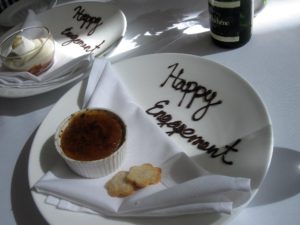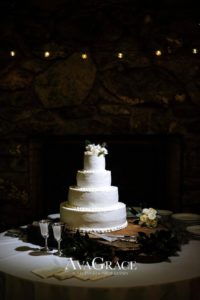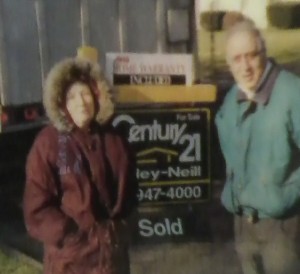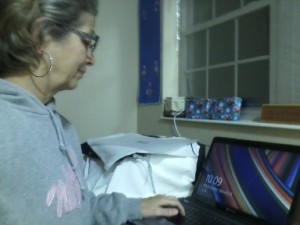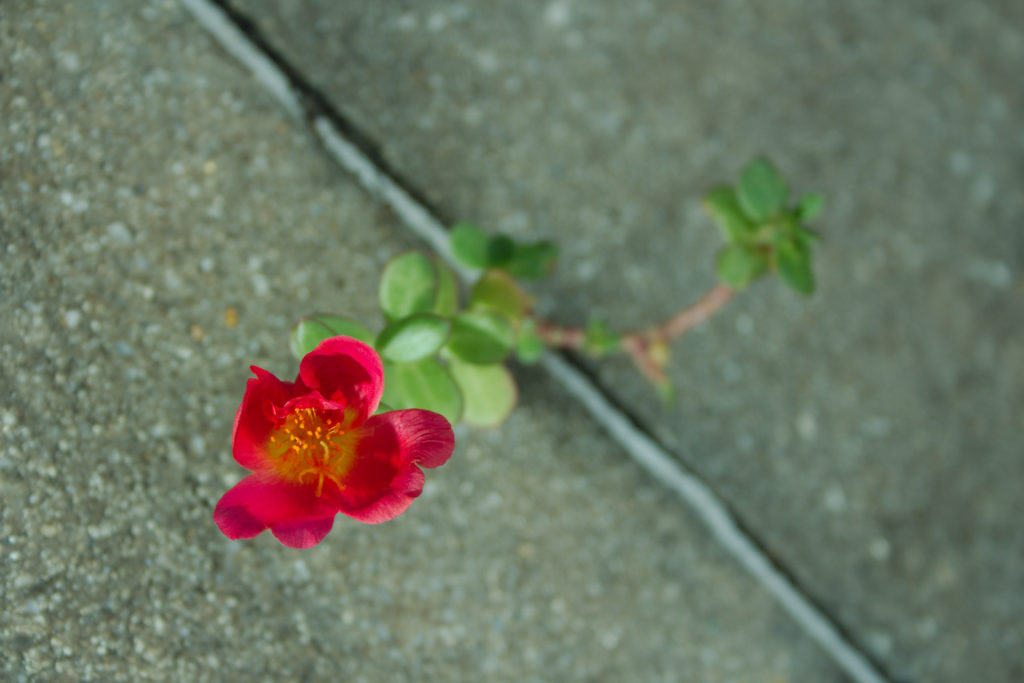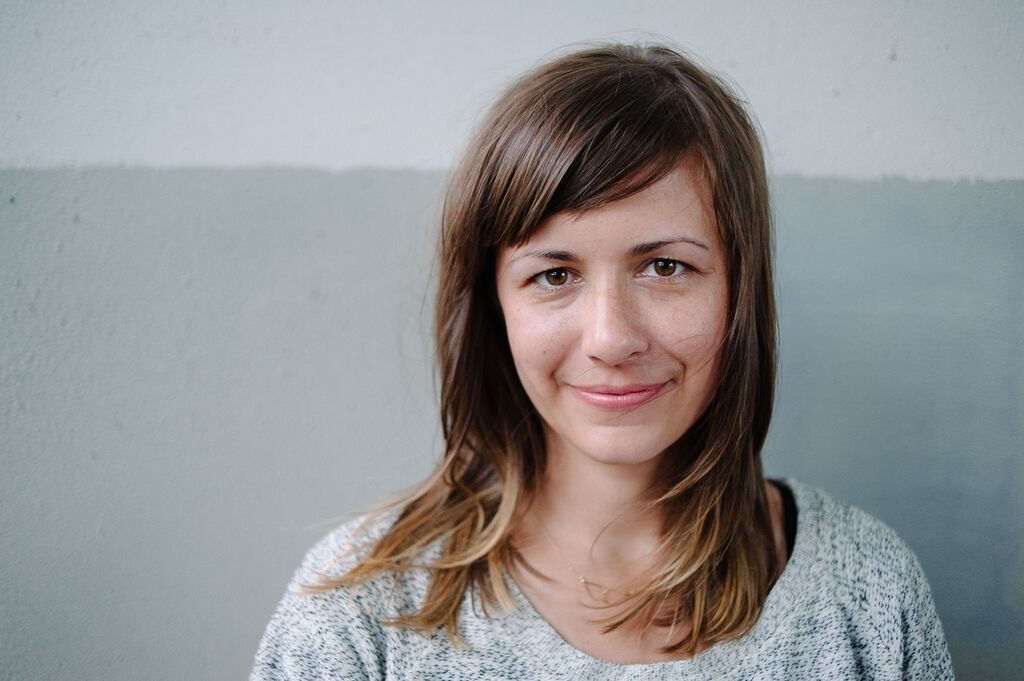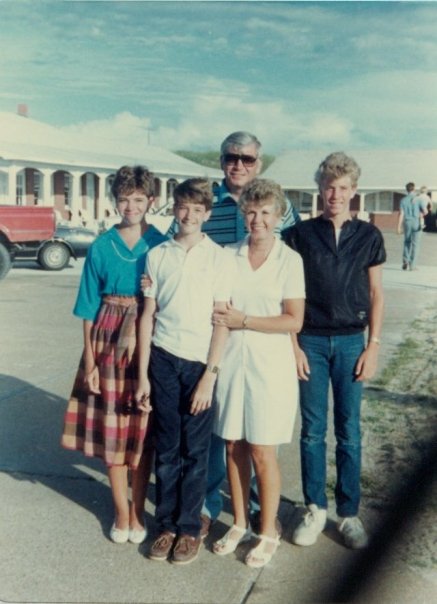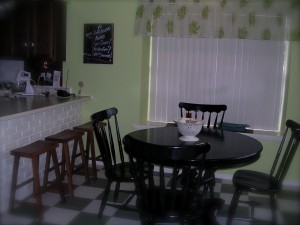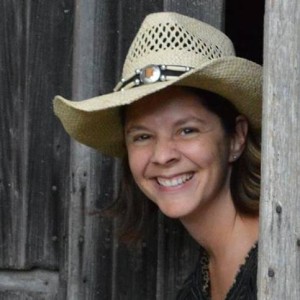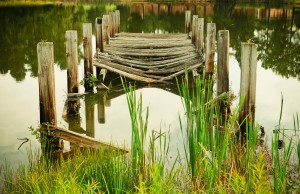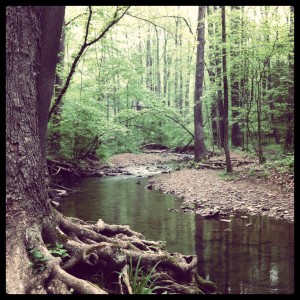Last month I was at my first doctor’s visit since moving to Colorado, with a list of complaints the length of my arm.
I’ve been dealing with chronic pain for a while now. Headaches that last for days, gastritis, asthma, mysterious bladder pain. It’s nothing I can’t deal with but sometimes my complaints whip themselves up into a perfect storm of sickness and I’ll lose half a day’s work. Then the next day I’ll be right as rain. Quite frankly, it’s exhausting, so I thought I’d have a doctor check me out and prescribe some nice pain medication to help me through my weeks and months.
The doctor listened to me sympathetically, and then, before I could ask for the drugs, she stated flatly: “You need to try a gluten-free, dairy-free diet. For two months. Can you do that?”
I gulped and said yes. I’d done it before, but as ice cream and pancakes are my weakness, the commitment was rife with infidelity.
I’m noticing a big difference between medicine in Connecticut and medicine in Colorado. In Connecticut, if you tell a doctor you’re feeling “off”, they’ll whip out a prescription pad right away. “You cry a lot?” one doctor asked me, busy scribbling away on his pad. “Zoloft should work.” Here in Colorado, health professionals tend to tout dietary restrictions and hefty amounts of exercise to combat illness and pain, prescribing drugs as a last resort.
Needless to say, I have always poo-pooed other people’s dietary restrictions—perhaps because there’s a small part of me that gets angry when I see someone else exerting more control than I do over food. Now I’m on the other end of that. I say no thank you when pizza is offered, and then face the same kind of impatient, weak smile that I used to give my friends when they refused the pizza I offered.
Yet, surprisingly, having this particular restriction has not been all that bad. In fact, it’s been a relief. I love pizza and chips and ice cream, and I do get uncomfortable and conflicted inside when I see them. But I know and Dan agrees that a migraine is not worth any amount of ice cream.
Dan and I decided right from the beginning that whatever changes I’d need to make, he’d make as well. We know some couples that maintain separate diets and dining schedules but neither of us wants that. I didn’t want to conceal any of my illnesses from Dan when we married and that’s made it easier to make changes—as big as a whole new eating plan—without grief or guilt or dividedness.
I began reading up on what kinds of dishes I can make so we won’t feel deprived. We decided on a mostly plant-based diet, thereby eliminating most dishes that call for cheese or milk (and so we wouldn’t end up choosing a kale-and-kale-only diet out of ignorance of what vegans and vegetarians really eat). I bought the Forks Over Knives cookbook and a food processor and threw out the leftover flour, white sugar, and cheese. I bought nutritional yeast, which we’re convinced is really goldfish food but it doesn’t taste too bad in dressings. My friend Pam, a vegan, told me all about soaking beans and rice before cooking with them so they’re more digestible. And, although this was originally to be a wheat and milk-free diet, we’ve found ourselves making all sorts of little tweaks and changes. Reading labels, trying to buy cage-free chicken.
How do I feel a few bags of dried beans, tamari, kale, sweet potatoes, almond milk, tomatoes, broccoli, cauliflower, and a little salmon later?
Pretty good.
It’s been four weeks and I’ve only had two minor headaches. We don’t talk to many people about our diet because, you know, there are a lot of naysayers. But I’ve learned that I can destroy my health very easily if I don’t pay proper attention to it. It’s nearly impossible to describe a migraine to someone who’s never had one.
I’ve decided not to give up ice cream. It’s been a faithful if not-so-great companion for too long. I make it out of frozen bananas and peanut butter and coconut cream. It’s still too early to tell if the restrictive diet will be a life decision. I can’t imagine never eating cheese again! But limitations, I’m finding, are actually ushering me into a new kind of creativity. Not a bad trade off.


